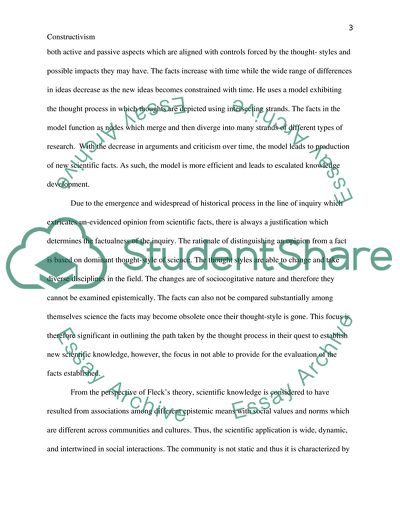Cite this document
(Construction of Scientific Knowledge Essay Example | Topics and Well Written Essays - 1250 words, n.d.)
Construction of Scientific Knowledge Essay Example | Topics and Well Written Essays - 1250 words. https://studentshare.org/science/1821470-constructivism
Construction of Scientific Knowledge Essay Example | Topics and Well Written Essays - 1250 words. https://studentshare.org/science/1821470-constructivism
(Construction of Scientific Knowledge Essay Example | Topics and Well Written Essays - 1250 Words)
Construction of Scientific Knowledge Essay Example | Topics and Well Written Essays - 1250 Words. https://studentshare.org/science/1821470-constructivism.
Construction of Scientific Knowledge Essay Example | Topics and Well Written Essays - 1250 Words. https://studentshare.org/science/1821470-constructivism.
“Construction of Scientific Knowledge Essay Example | Topics and Well Written Essays - 1250 Words”. https://studentshare.org/science/1821470-constructivism.


